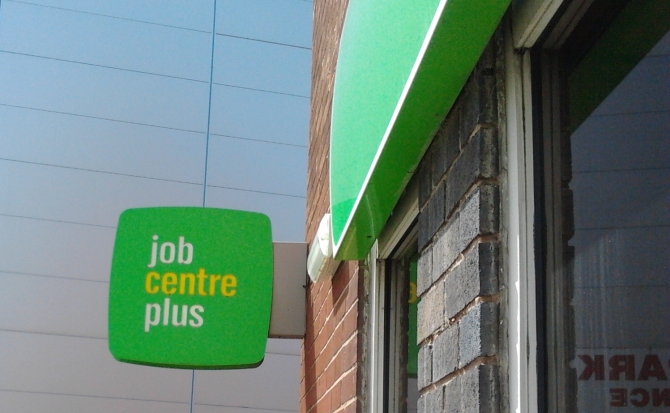With the manufacturing industry being one of the key reasons for economic recovery within the UK, forecasts by economists that growth is due to stagnate in the coming months is somewhat worrying to say the least. Unfortunately, it appears that this slowdown is already beginning to make itself felt with Birmingham based engineering group IMI announcing that it will soon close one of its factories with the loss of over 100 jobs.

According to the group, the reason for the closure lies in a drop in orders for its nuclear division which caused a plunge in productivity at the Witton factory. As a result of the closure, the group is expected to be hit by around £10 million worth of restructuring costs, further adding to its financial woes.
Although IMI, which specialises in the control and movement of fluids in areas such as energy efficiency, healthcare, clean energy and increasing automation, has remained somewhat cagey regarding the details of the closure, further details are expected to be released in the coming weeks.
The group statement said; “Order intake in nuclear was disappointing, down 37 per cent compared to the first half of last year when we secured a number of orders for safety related projects and because of a material drop in demand levels at IMI Components, which supplies non-valve components into the nuclear fuel enrichment market.
“This has resulted in an exceptional impairment charge of £1 million being taken in the first half results and the proposed closure of the IMI Components manufacturing site in Birmingham with an anticipated exceptional restructuring charge of up to £10 million in the second half.”
The announcement was made as part of IMI’s half year results report, which revealed a drop in revenues to £808 million from the £832 million recorded during the first half of 2013. Correspondingly, pre-tax profits fell from £117.4 million in the first six months of last year to £105.8 million.
This is not the first time this year IMI has chosen to implement closures as a means of streamlining the business, as it completed the disposal of both its Beverage Dispense and Merchandising divisions on the first of January.
The group also believes that some of the blame for the poor result lies with the current strength of Sterling as, on a constant currency basis, organic revenues rose by around 3 per cent during the first half. This has allowed IMI to remain confident about continuing to invest in organic growth initiatives which will be almost entirely self-funded.
Chief executive Mark Selway says; “IMI has all the ingredients to become a world class business and the leader in its chosen sectors.
“Our strategic plan will ensure that this potential is harnessed and fully exploited to deliver sustainable accelerated top and bottom line growth.
“The opportunities are significant and that is reflected in our ambition to double the group’s 2014 operating profits over the next five years, while retaining our financial discipline.”